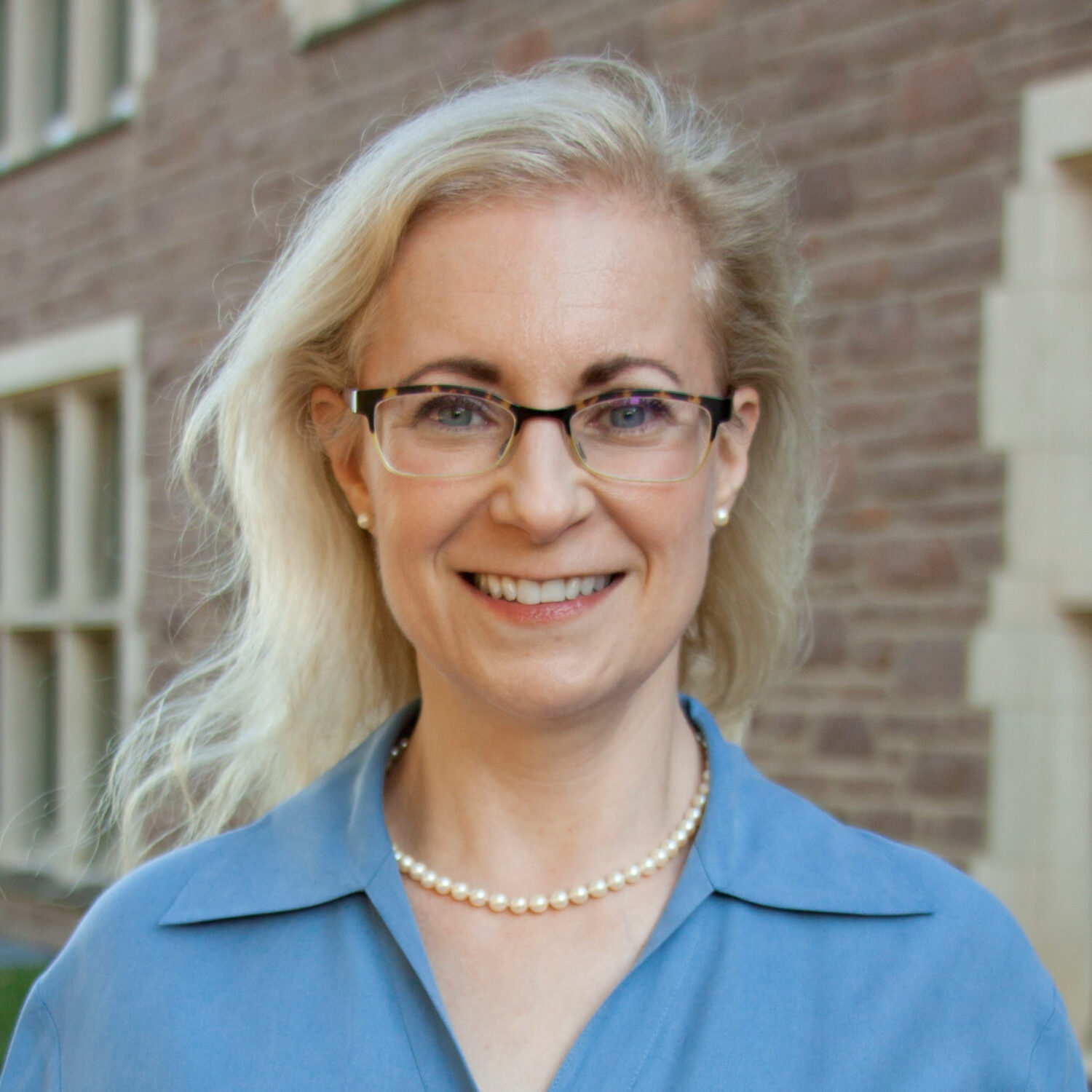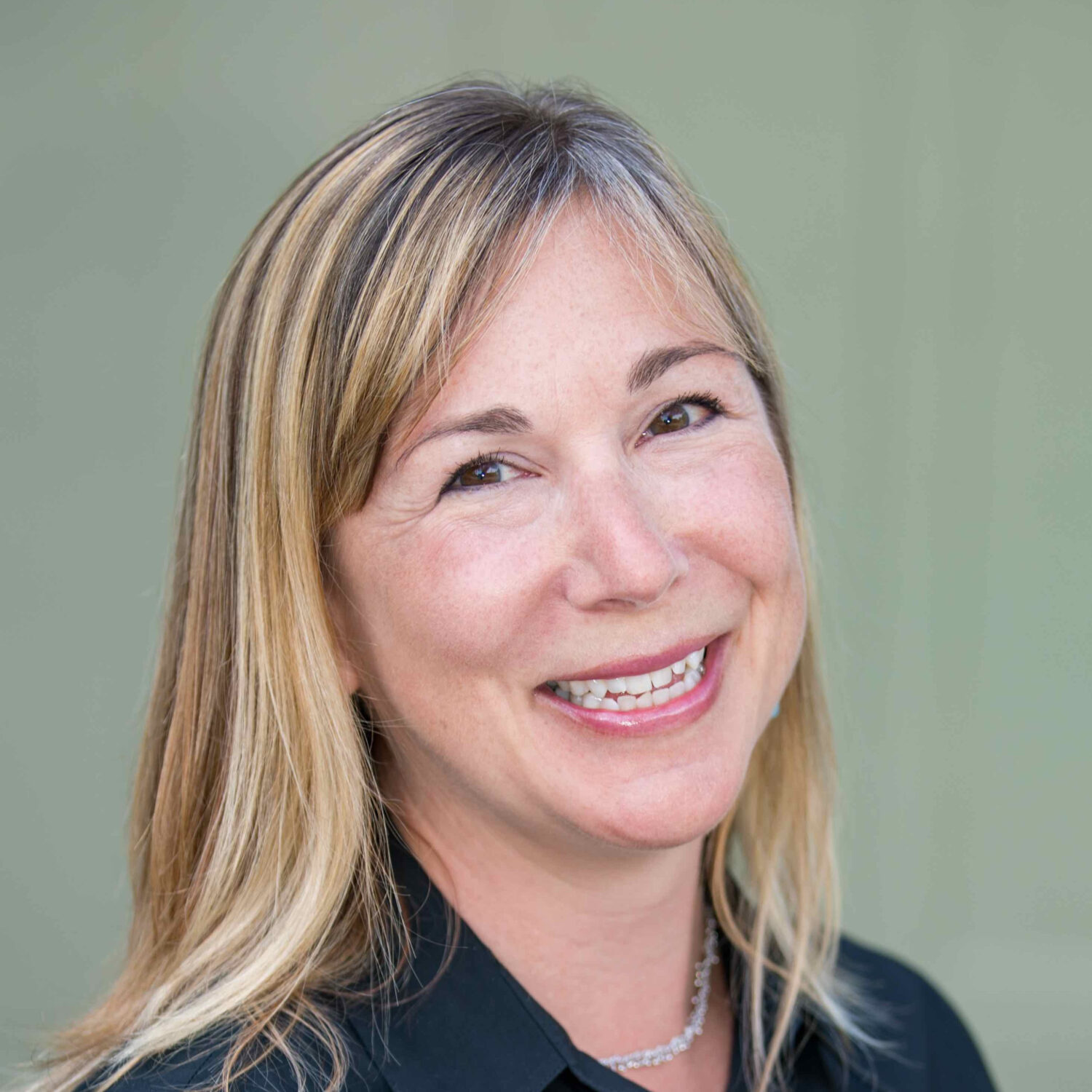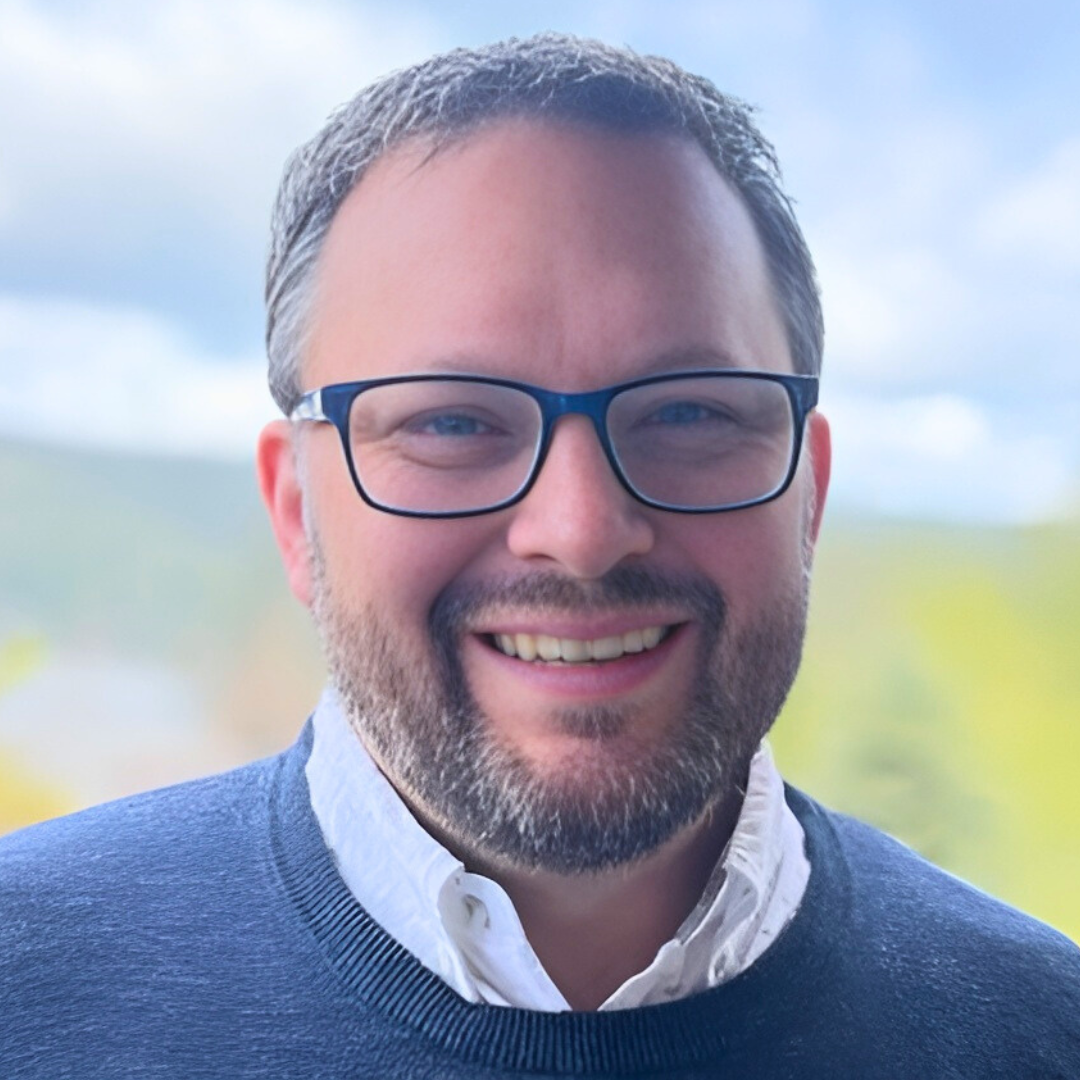With more than 40% of workers in the US employed by businesses with more than 1,000 employees, many look to the outsized influence these employers can have on how we design work and jobs. As a result, engaging and collaborating with these businesses where possible is necessary to improving job quality and working conditions.
While their size and scale offers job quality practitioners the potential for big changes, engaging large businesses in job quality and strategies that improve conditions for their workforces presents unique challenges as well. Complex decision-making processes and implementation challenges, wide-ranging organizational needs and incentives, and an array of other potential barriers can make it difficult to navigate for those looking to engage and collaborate with big businesses on improving job quality.
In this event — hosted by the Economic Opportunities Program on October 9, 2025 — we welcome experts from the Workforce & Organizational Research Center, Talent Rewire, and WorkLife Partnership to examine the challenges and strategies for engaging and supporting large businesses in actively influencing positive economic outcomes for their employees.
This event is part of our Job Quality in Practice webinar series. For highlights from this discussion, subscribe to our YouTube channel. Or subscribe to our podcast to listen on the go.
A transcript and additional resources will be posted soon.
Related Resources
Blogs, Articles, Tools, and Publications
- Hand, Mark. “Ownership Without Culture Change Is Just Paperwork.” The Stakehold. April 24, 2025.
- Frank-Miller, Ellen G., et al. “Thinking Beyond the C-Suite Pays Off – Well, At Least Sometimes. Workforce & Organizational Research Center. September 5, 2024.
- “Engagement Strategies Media: WORC: Worthwhile Jobs Are a Path to Alpha for Investors.” Engagement Strategies Media.
Videos
- Job Quality – An Employer’s Perspective and Practice
- Who’s Investing in Job Quality | WorkLife Partnership
Websites and Additional Resources
- Best Practices For Developing A Skills-Based Culture – FSG
- Inclusive Facilitation for Social Change – FSG
- Talent Rewire – FSG
- What Good Looks Like – Talent Rewire
- WORC Ownership Impact Index 1-pager 2025
Speakers

Ellen G. Frank-Miller,
Founder and CEO,
Workforce & Organizational Research Center (WORC)
Ellen G. Frank-Miller, PhD collaborates with investors, employers, foundations, and nonprofits to drive business impact by improving the quality of lower-level jobs. She founded WORC, the Workforce & Organizational Research Center, as a social enterprise in 2021 to build a thriving economy where every worker has a job worth having.
As an organizational scholar, Ellen creates science-based tools that leverage known strong correlations between better jobs, ownership cultures, and business results to create impact for companies and their workers. She has developed rigorously validated impact measurement diagnostics that identify actions investors and portfolio companies can take to achieve their goals.
Previously, Ellen spent 15 years in HR consulting and founded the Workforce Financial Stability Initiative at Washington University in St. Louis. She taught research methods there and at the University of Chicago, where she earned her PhD and MSW.

Scotland Nash,
Director,
Talent Rewire, FSG
Currently, Scotland is the Director at Talent Rewire, FSG, a social impact consulting firm. In her role, she develops innovative curricula and facilitates employer engagements for a mix of virtual and in-person events to support implementation and growth of opportunity employment so that all employees can participate fairly and share in prosperity. She works with the goal of inspiring mindset shifts and practice change for employer participants on both an individual and organizational level. She also works with the Corporate Racial Equity Alliance where she facilitates communities of practice and supports company leaders to engage in the evolution of equitable, inclusive, and socially responsible businesses that can contribute effectively to a just and equitable society for all. Before FSG, Scotland worked in education for 20 years. Scotland has a BS in History and Education from Bucknell University, an MS in Secondary Education from Northwestern University, and an EdD in Educational Leadership from Seattle University. She is also an ICF certified ACC coach.

Cindy Williams,
Executive Director, WorkLife Partnership
Throughout her career, Cindy has been committed to uplifting those around her and is driven to help others succeed and find fulfillment through work. After spending 12 years in various roles within the publishing industry, she worked for eight years at an internationally recognized fitness education company, where she served in several positions, including executive leadership.
Cindy’s pursuit of more mission-driven work brought her to WorkLife Partnership in 2017, where she currently serves as executive director, driving forward the organization’s vision that prosperity is possible through work. During her tenure at WorkLife, Cindy led the effort to launch its Small Dollar Loans program, managed successful delivery on multiple large grant projects, and helped build staff capacity to support a fourfold increase in employer contracts. In 2021, Cindy contributed to the Aspen Institute’s publication, “The Complete Financial Lives of Workers,” lending expertise on the impact of workplace benefits. Cindy has presented at national conferences on the connection between financial well-being and worker health, and on the critical role employers play in supporting the intersection of employees’ personal and professional lives through recognition and investment.
Cindy credits her father for instilling her work ethic and belief that hard work should provide prosperity. Outside of work, she enjoys traveling with her husband, hiking, tending her garden and reading.

Matt Helmer (moderator),
Director, Job Quality and Worker Well-Being, Economic Opportunities Program,
The Aspen Institute
Matt Helmer is director of job quality and worker well-being at the Aspen Institute Economic Opportunities Program and joined the program in April 2022. Matt’s work focuses on developing conversations, tools, and research that advance job quality, equity, and economic security for workers with low and moderate incomes. He worked for the Institute’s Workforce Strategies Initiative (WSI) from 2009 to 2014. With WSI, Matt researched community college and nonprofit partnerships and construction pre-apprenticeship and apprenticeship programs, facilitated the Sector Skills Academy, and supported the Reinventing Low-Wage Work and Working in America discussion series.
Matt has a background in workforce development, affordable housing, and adult education. Before rejoining the Institute in 2022, Matt worked for the Seattle Housing Authority (SHA), where he led a team of analysts and project managers charged with advancing the agency’s strategic priorities. Matt helped lead the development and implementation of workforce development and asset building programs, eviction prevention strategies, and trauma-informed customer service. Before joining SHA, Matt was a senior policy analyst at the Seattle Jobs Initiative, where he evaluated workforce development programs and conducted research on job quality and economic development issues in the Seattle region. Prior to coming to the Institute in 2009, Matt worked for a local nonprofit in Seattle supporting immigrants and refugees, served in Damascus as a senior English language fellow for the US State Department, and was a Peace Corps Volunteer in Tonga. He has bachelor’s and master’s degrees in teaching English to speakers of other languages from Southern Illinois University and a master’s degree in public administration from the University of Washington. Matt lives outside Seattle with his wife and two sons and enjoys spending time with them exploring the beaches, mountains, and forests of the Pacific Northwest.
About Job Quality in Practice
Job Quality in Practice, a webinar series hosted by the Economic Opportunities Program, presents actionable tools and guidance to help leaders improve jobs and connect to a growing national conversation.
About the Economic Opportunities Program
The Aspen Institute Economic Opportunities Program advances strategies, policies, and ideas to help low- and moderate-income people thrive in a changing economy.
Join Our Mailing List
To receive occasional emails about our work — including new publications, commentary, events, fellowships, and more — join our mailing list.
Connect on Social Media
For news and updates every day, connect with us on the social media platform of your choice.










